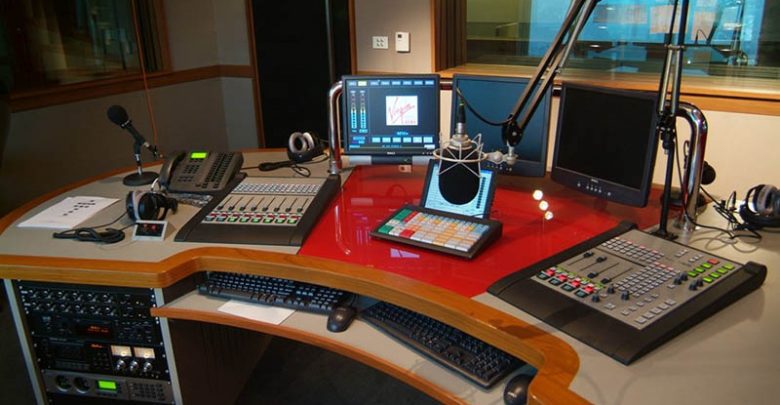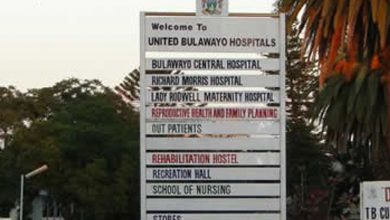
Since 2015, the Zimbabwe Association of Community Radios Stations (ZACRAS) has been engaging the Ministry of Information, Publicity and Broadcasting Services seeking to influence the drafting of community radio regulations outlining the application process for community radios, licensing procedures, definition of terms including introducing a standalone license application form for community radios.
As Zimbabwe commemorates the 2020 World Radio Day, ZACRAS takes time to welcome and acknowledge the gazetting of Statutory Instrument 39 of 2020 cited as the Broadcasting Services (Community and Campus Radio Broadcasting Services) Regulations. The gazetted regulations outline the application process for community radios, licensing procedures, the definition of terms including introducing a standalone license application form for community radios.
ZACRAS believes that to a large extent, the gazetted regulations are in line with recommendations previously made by ZACRAS and are in sync with community radio regulations of other progressive nations such as South Africa. Resultantly, if implemented, the community radio regulations will go a long way in transforming the community broadcasting sector.
Whereas the regulations are to a large extent progressive, ZACRAS is however sceptical about the prescriptive and elitist approach of the regulations in relation to the composition of the community radio governing body. The regulations state that the governing body shall be constituted of key interests within the community drawn from education, agriculture, business, health, law and order, local and traditional leadership and religion. The prescribed composition leaves out ordinary community members who might not fall in any of the categories.
Additionally, it is worrisome that the regulations require the inclusion of representation of law and order, local and traditional leadership who to a large extent should only ideally facilitate the enjoyment of rights by communities. Such prescriptive approaches will discriminate against the licensing of prospective broadcasters who are community-oriented, focused and driven but fail to meet all the set criteria especially the absence of representation from specialized groups but still have the support of the community.
In the past years, there have been contestations around the definition of a community. From the gazetted regulations, a community is defined as being a group of people bound together geographically, with shared norms, values and traditions whose control is domiciled in members of that geographical space. ZACRAS is concerned by the regulation’s inability to also recognize communities of interest as defined in set international best practices governing community radios more so noting that there are various communities of interest such as farmers and religious groups who might wish to establish community radios.
The existence of the regulations should however not be treated as an end on its own. ZACRAS believes that the existence of the regulations must be augmented by supportive policy and operational environment. In light of the obtaining economic environment, ZACRAS believes that the recently gazetted licensing and operational fees for community radios are not favourable to those wishing to establish and operate community radios in Zimbabwe.
The community radio Application Fees in Zimbabwe has been set at $8 500,00 (non-refundable) which is USD$500 equivalent at Bank Rate. The Basic License Fee for ten years has been set at $17 000,00 per annum which is USD$1000 equivalent at Bank Rate.
From our assessment as ZACRAS, Zimbabwe’s community broadcasting fees rank amongst the highest in Africa. In Ghana, South Africa, Zambia, and Kenya, community radio Application Fees range between USD10 equivalent local currency and USD250 equivalent local currency. With regards to Annual Fees, Zambia, Uganda, Ghana, Lesotho and Kenya charge between USD$136 equivalent local currency and USD$$540 equivalent local currency.
With community broadcasting not being for profit, it has always been ZACRAS’ submission that fees that are charged to those wishing to establish community broadcasting services should be nominal and within reach. In light of technological changes, it is envisaged that once licensed, community radio should not limit itself to Fm broadcasting only but should also utilize internet platforms to reach wider audiences. However, from the new fees which were recently gazetted, operating an online radio will also be prohibitive and inimical to the flourishing of community broadcasting as the license costs are also high.
Whereas ZACRAS also welcomes the inclusion of the fees for Campus Radios, we are however worried by the exorbitant fees that have been set. Presently, the application fees and annual basic license fee are set at USD$ (equivalent at bank rate) of $1250 and $2500 respectively. It is ZACRAS’ hope that the high fees will not lead to the low prioritization of establishing Campus Radios by Tertiary Institutions because of the high costs associated with running a Campus Radio.
It is, however, commendable to note that the gazetted regulations set the duration of community radio licenses at 10 years. In countries such as South Africa, Tanzania, Kenya, Zambia and Rwanda, license duration is set at between 3 to 5 years, with Lesotho standing at 15 years.
As Government is making efforts to transform the broadcasting sector, there is need to ensure ease in doing community broadcasting business, characterised by supportive policy and operational environment. It goes without saying that, the establishment of sustainable community radios in Zimbabwe will go a long way in ensuring people-centred development which will contribute towards the attainment of Vision 2030 as espoused by the Government of Zimbabwe.
The World Radio Day is universally commemorated on the 13th of February. This year’s commemorations are being held under the local theme of Radio, Diversity and Development.






